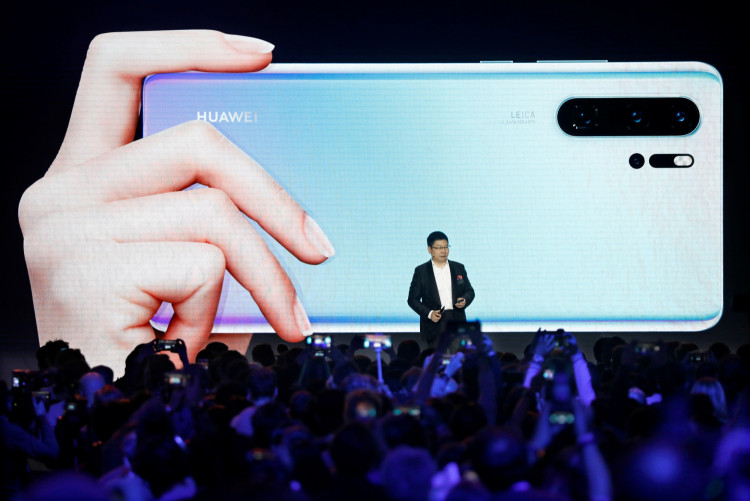Huawei's supply of chips are now in danger of being restricted as senior officials in the Trump administration agreed to a new rule change as the White House ramps up criticism of China over the COVID-19 pandemic, a new report claims
The proposed new measure requires foreign companies using U.S. chipmaking equipment to obtain a license prior to delivering chips to Huawei. The U.S. had already blacklisted the Chinese tech giant last year, restricting its suppliers.
The move comes as tensions between the U.S. and China grow more strained, with both sides attacking each other over who's to blame for the spread of the novel coronavirus. One of the goals of the said rule-change is to stop the sale of mobile processors to Huawei by Taiwan Semiconductor Manufacturing Co, the world's largest contract maker and producer of chips.
"This is going to have a far more negative impact on U.S. companies than it will on Huawei because Huawei will develop their own supply chain," trade lawyer Doug Jacobson said. "Ultimately, Huawei will find alternatives."
It is not clear if U.S. President Donald Trump will sign off on the proposed measure. If the new rule is approved, however, not only Huawei and TSMC will be affected -- U.S. companies will have to make adjustments as well. One of the sources stated that only sophisticated chips would be restricted and not older and more common semiconductors. Moreover, it is said that certain measures are being planned to ensure that the effect on the American industry will be minimal.
Nevertheless, it's inevitable that China will condemn the move, having already denied allegations that Huawei is using its 5G networks to spy on the U.S.
Many chip manufacturers use U.S.-made equipment to produce their products, such as Applied Materials, LAM Research, and KLA Corp. When asked about the matter, the equipment makers did not immediately respond to requests for comment.
The report also claims that U.S. officials agreed to make changes to the country's Foreign Direct Product Rule, which covers selected goods made outside of the U.S. but are subject to the country's regulations. It is believed that the top officials who agreed to the proposed rule include those from the Departments of Commerce, Energy, and Defense.
When asked for a comment, TSMC said it "does not comment on any individual customer and is unable to answer hypothetical questions. Meanwhile, Huawei declined to comment.






